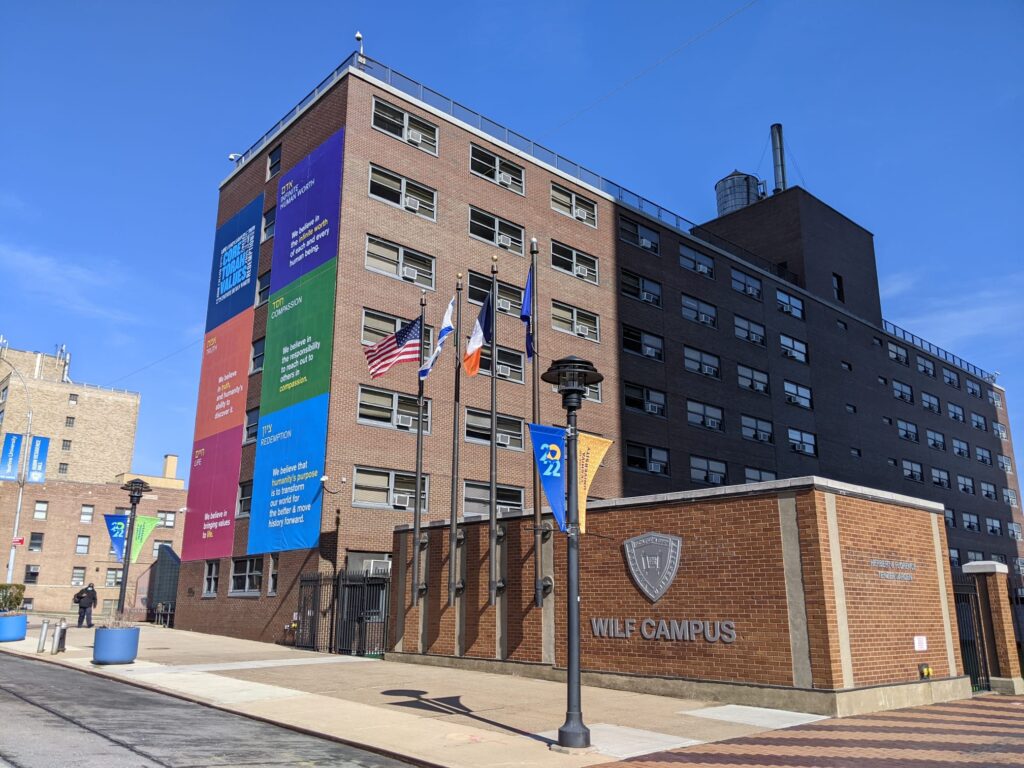
Yeshiva University (YU) has made notable strides in the 2025 U.S. News & World Report rankings for National Universities, climbing to the 98th position, up from 105th last year. This marks a significant improvement for YU, which was previously ranked 94th in 2017. The university is now tied with several institutions, including Florida International University, Gonzaga University, and Temple University, among others. YU achieved an overall score of 64 out of 100, with a 79% four-year graduation rate and a favorable student-to-faculty ratio of 7:1. Popular majors at YU include biology, psychology, accounting, finance, and interdisciplinary studies, each reflecting the university's diverse academic offerings [d703eeb1].
In addition to its ranking achievements, Yeshiva University's Chess Club hosted its first-ever Intercollegiate Chess Tournament in September 2024, which attracted nearly 90 participants from over ten universities across New York City. The event took place at Koch Auditorium on YU’s Beren Campus, showcasing the growing interest in chess among students. David Yagudayev (YC ‘25) served as the Chief Organizer, while Ean Fish (YC ‘26) took on the role of Tournament Director. Participants competed in various categories, and YU students excelled, with Bryan Weisz (YC ‘26) securing second place in the advanced section, Yosef Bensimon (SSSB ‘27) finishing third, and Rone Meir Edery (SSSB ‘27) winning first place in the beginner section [d703eeb1].
These developments reflect Yeshiva University's commitment to enhancing its academic reputation and fostering a vibrant campus life through extracurricular activities. As YU continues to climb in rankings, it also emphasizes the importance of student engagement and achievement in various fields, including competitive chess.